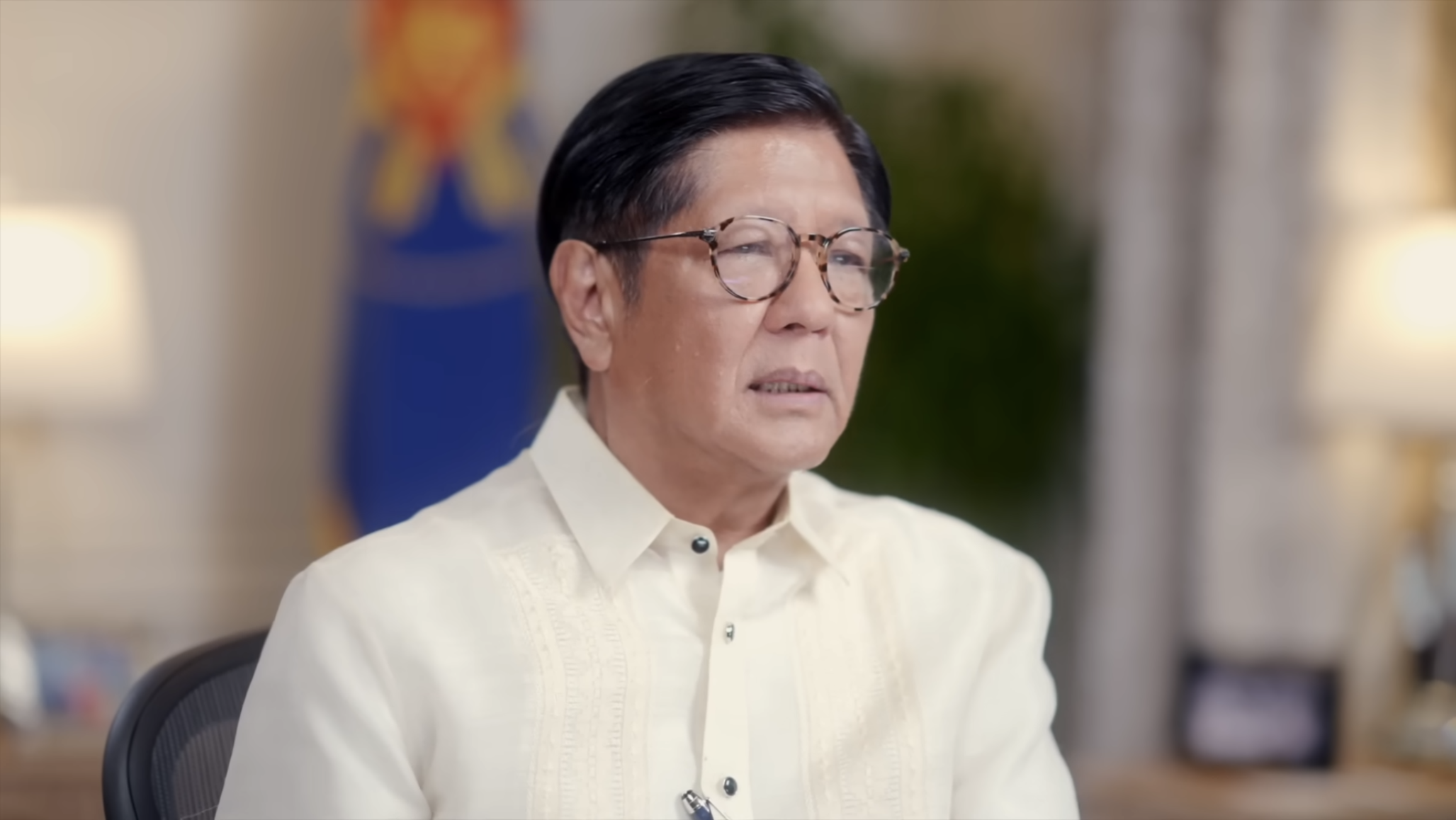
By Darryl John Esguerra | Philippine News Agency
The Marcos Jr. administration’s human rights agenda is “firmly on track,” the Special Committee on Human Rights Coordination (SCHRC) said, citing measurable improvements in justice, migrant protection, and police accountability as proof that ongoing reforms are more than just rhetoric.
The progress report was presented at the 4th SCHRC meeting on Oct. 8 in Makati City.
The body is chaired by Executive Secretary Lucas Bersamin under Administrative Order No. 22 (2024), with Usec. Severo Catura of the Presidential Human Rights Committee Secretariat presiding over the session.
“These are key developments in domestic reforms and institutional strengthening that demonstrate the government’s commitment to advance human rights in the country,” Catura said, noting that most initiatives align with existing engagements with the United Nations and the Fourth Philippine Human Rights Plan.
Among the achievements highlighted were the Department of Justice’s (DOJ) training of more than 600 human rights officers and the processing of over 25,000 records of persons deprived of liberty to fast-track jail decongestion.
The Department of Migrant Workers (DMW), meanwhile, secured a $500 minimum wage protection for domestic helpers and reported a 92.15 percent takedown rate of 49,041 online trafficking and illegal recruitment posts after partnering with technology platforms.
On the international front, the Department of Foreign Affairs (DFA) credited stronger multilateral engagement for two major wins: the global adoption of the Manila Declaration on Seafarers’ Human Rights and the Philippines’ removal from the United Nations list of states associated with children in armed conflict.
Police reforms were likewise reported, with the Philippine National Police’s (PNP) Human Rights Affairs Office rolling out uniform logbooks for detained suspects and enhancing digital tracking systems to discourage custodial abuse.
The Anti-Terrorism Council trained 174 civil-military officers on rights-based counterterrorism protocols while expanding policy dissemination to local governments.
Other agencies flagged improvements in drug policy, disability inclusion, labor protection, climate change, and social security coverage, while the Presidential Legislative Liaison Office called for expedited passage of priority human rights measures.
The meeting also featured separate engagements with the Commission on Human Rights, the United Nations Office of the High Commissioner for Human Rights, the European Union Delegation, Amnesty International and key civil society networks.
